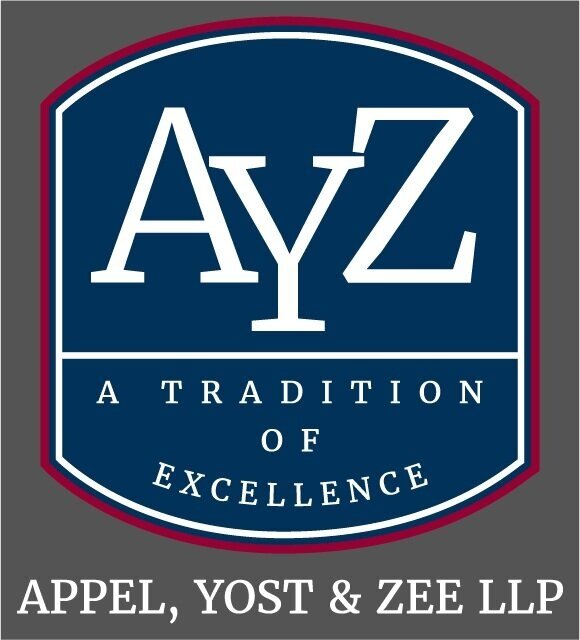Title IX Regulations Now Anticipated in Summer 2024
By Michael W. Lewis
March 15, 2024
In June of 2022, the U.S. Department of Education (ED) announced its first iteration of proposed revisions to the regulations that encompass Title IX of the Education Act of 1972 (Title IX). In the time since this initial announcement, there have been multiple delays in implementation in the wake of about 250,000 public comments regarding the proposals that focus mainly on how colleges and universities address allegations of sex discrimination and sexual harassment.
On February 2, 2024, the ED sent its proposed revisions to the Office of Information and Regulatory Affairs (OIRA). OIRA now has until June 1, 2024, to review the regulations, which will then be sent back to the ED for final review and publication.
Though nothing is final at this time, institutions can rely on the anticipated changes that are found in the proposals to begin crafting potential policies for the next academic year. Among the more significant proposed changes to the regulations include:
Expanding the definition of sex-based discrimination to include discrimination based on sex stereotypes, sex characteristics, sexual orientation, gender identity, pregnancy or related conditions, and parental status.
Expanding the definition of hostile work environment to include unwelcome sex-based conduct that is either sufficiently severe or sufficiently pervasive to deny a person equal access to an educational program or activity.
Creating new employee classifications with different respective reporting obligations (those classifications would include confidential employees, employees with authority to institute corrective measures, and employees with administrative, leadership, and teaching responsibilities).
Clarifying that all employees who do not fit within the new employee classifications have a reporting obligation to notify either the Title IX Coordinator or provide the aggrieved individual with the Title IX Coordinator’s contact information and reporting procedures.
Revising the formal grievance procedure, including, among other things, (1) elimination of the requirement that an individual submit a formal, written complaint to initiate the grievance process, (2) reinstatement of the single investigator model, and (3) removal of the requirement to conduct live hearings regarding sex-based discrimination.
This timeline now puts colleges and universities in a position where time will be of the essence to ensure that they implement the necessary changes to their Title IX policies and grievance procedures prior to the start of the 2024-2025 academic year pursuant to the final Title IX regulations. As such, these institutions should take a proactive approach and act now to better understand and prepare for the impact the proposed regulations will have on current policies. In the meantime, institutions should work in collaboration with their Title IX team to identify strengths, weaknesses, and differences in their current policy as compared to the proposals, and ensure that appropriate training and communication systems are in place for the entire campus community for when the policies are finalized.
Should you have any questions regarding Title IX, please do not hesitate to contact Mike Lewis, or any of the attorneys in the Appel, Yost & Zee Education Law Group.
